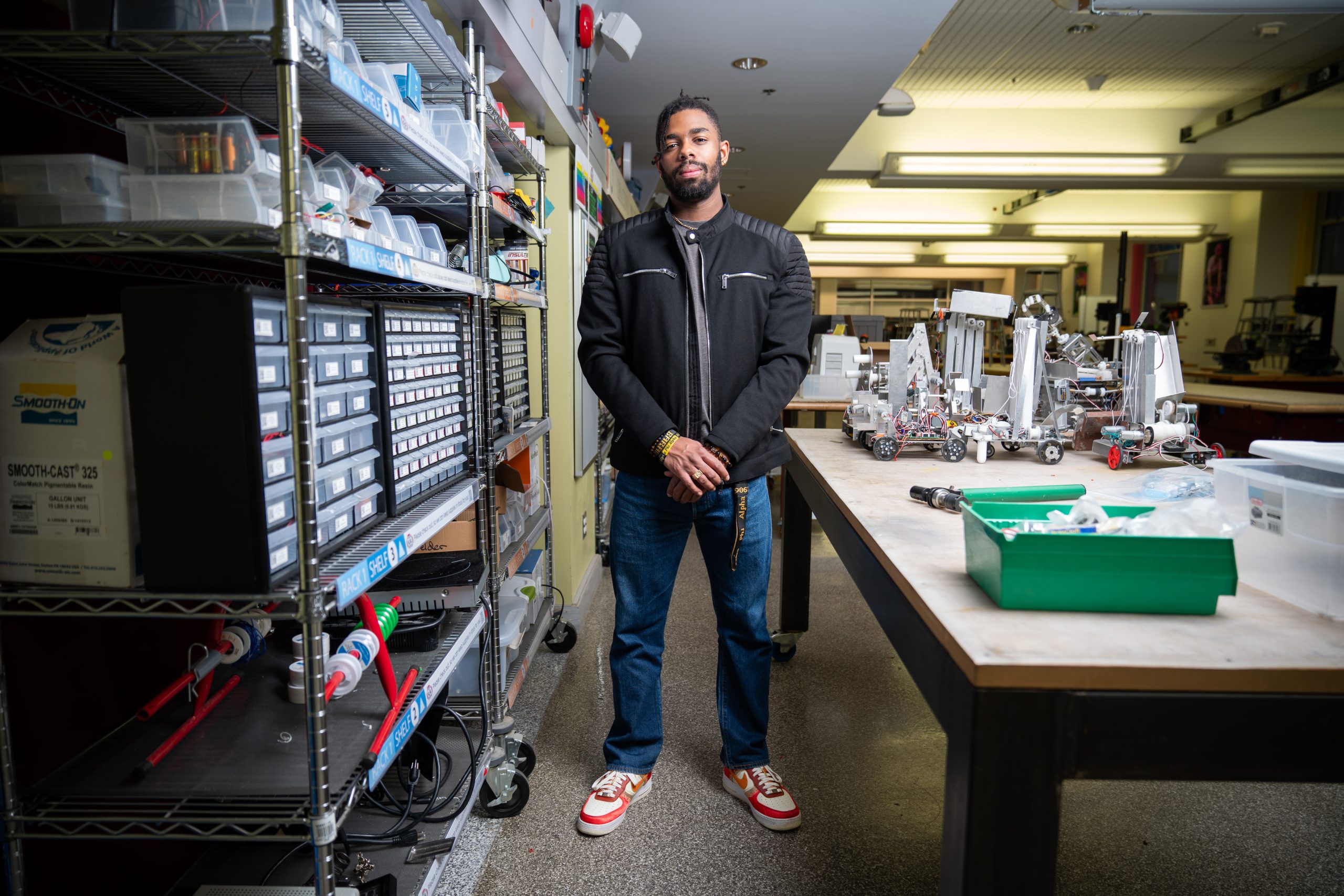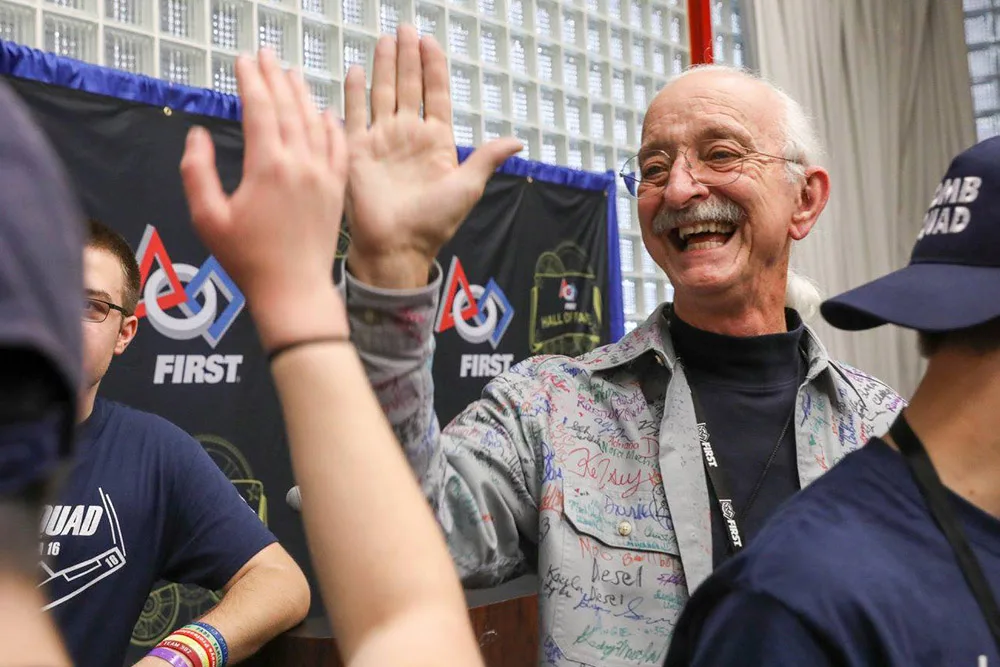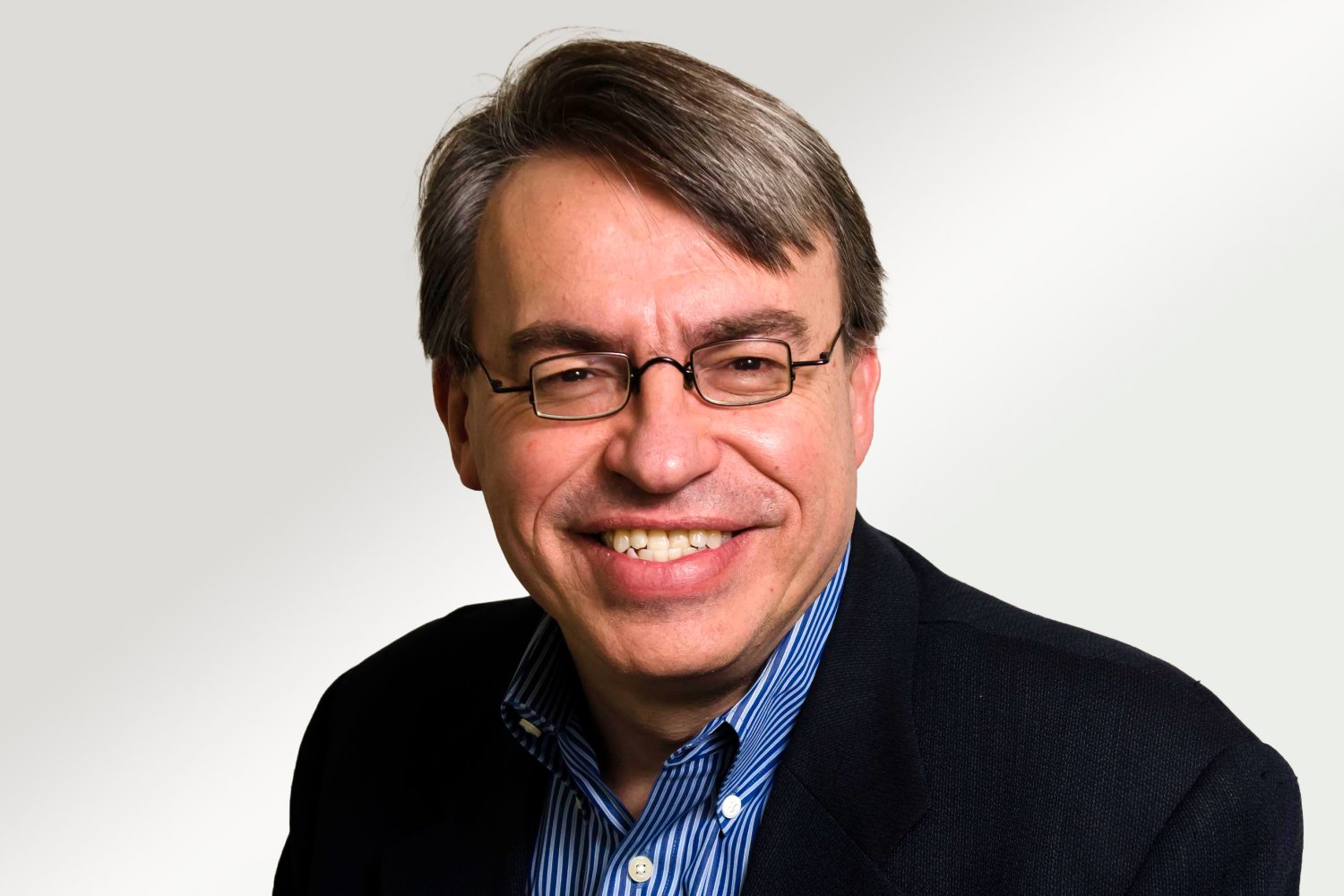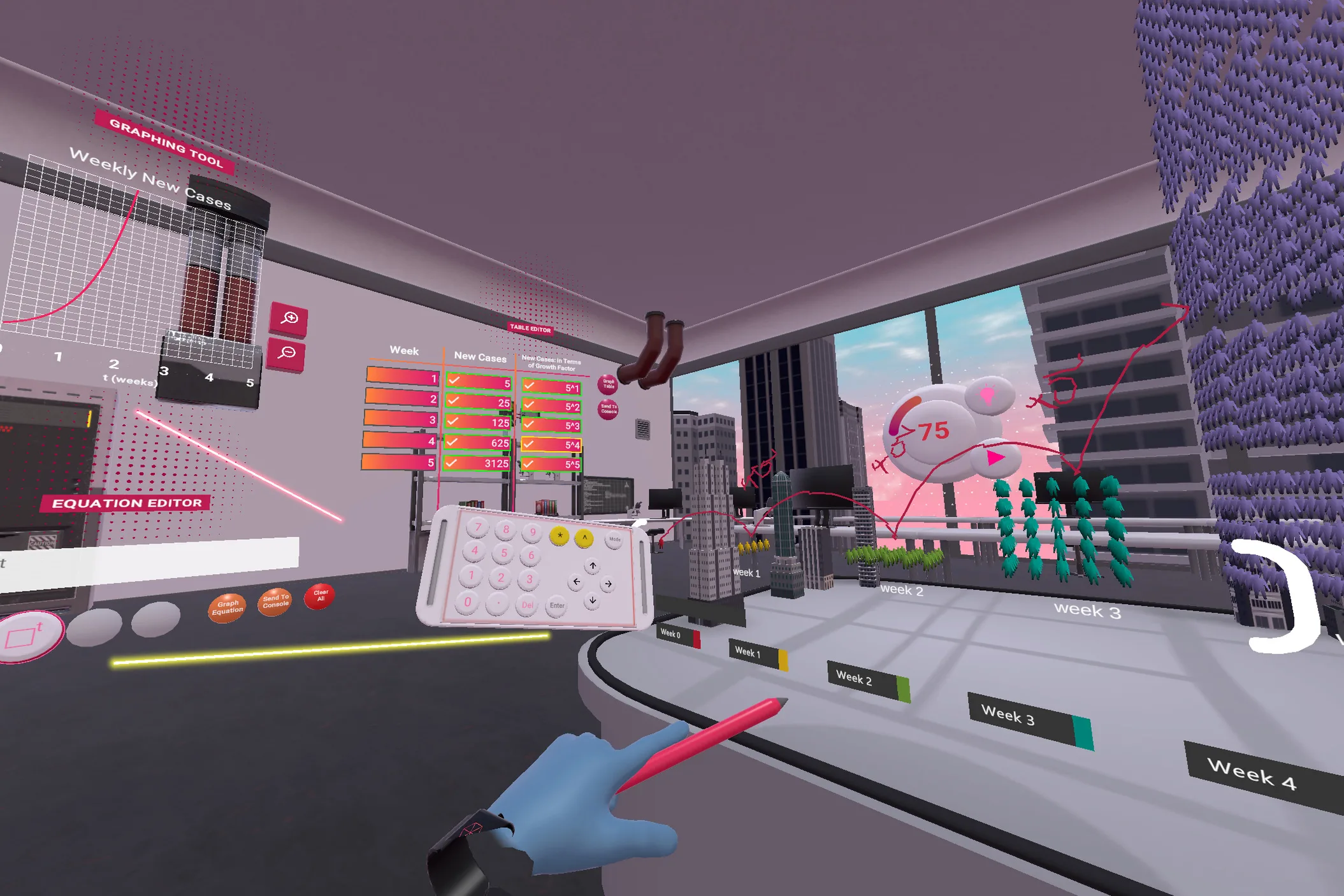As a child in Ghana, MIT senior Baran Mensah had a natural curiosity that led him to take apart his toys, eager to understand the mechanics behind each component. It was during one of these explorations that he discovered the concept of engineering, and he knew then that he wanted to pursue a career in this exciting field.
Despite his limited knowledge of MIT’s culture while growing up, Mensah has fully immersed himself in the college experience over the last four years. He has chosen mechanical engineering as his major and music as his minor, actively participating in various extracurricular activities. His leadership roles in the Chocolate City living group, performances with Sakata Afrique, MIT’s Afro-Caribbean dance troupe, and membership in the Rho Nu chapter of Alpha Phi Alpha Fraternity speak volumes about his commitment to community and culture.
Mensah’s journey in research internships reflects his broad interests. In his first year, he served as a residential facilitator for the Office of Minority Education’s Interphase EDGE program, welcoming incoming MIT students. Grateful for the opportunity the program afforded him, he was eager to give back. He also contributed to developing a software toolkit for K-12 students to learn about soft robotics at Harvard’s Conor Walsh Lab. Most recently, he interned at NASA’s Jet Propulsion Laboratory as a missions operations intern, focusing on automating command generation for the Surface Water and Ocean Topography (SWOT) satellite.
After graduating, Mensah plans to pursue graduate studies in mechanical engineering, with ambitions to develop robotics hardware, particularly in the realm of legged and biomimetic robots. He hopes to remain in the Boston area for the foreseeable future but is open to new opportunities. Ultimately, he envisions using his engineering expertise to enhance socioeconomic conditions in Ghana.
MIT News interviewed Mensah to delve into his student life.
Q: What area of mechanical engineering excites you the most?
A: I’m particularly fascinated by robotics. Working on hardware governed by innovative software brings me immense joy. While soft robotics is an intriguing area, I’m still exploring my options. A project involving a swimming robot that emulated a fish’s movements through electromagnetic actuation was particularly memorable. I’m captivated by projects that explore the intersection between mechanical engineering, electrical engineering, computer science, and biology, as this crossover makes the work even more stimulating.
Q: Can you share about your campus communities?
A: Chocolate City is my primary community at MIT, fostering a close-knit environment of around 30 individuals. We help each other feel comfortable and engaged. Additionally, I participate in Sakata Afrique, the Afro-Caribbean dance group, which has become a significant part of my life. Dance allows me to express my culture creatively. Moreover, as a member of the Rho Nu chapter of Alpha Phi Alpha Fraternity, I connect with diverse individuals across various campuses, contributing to my personal growth.
Q: What memories stand out from your involvement in these groups?
A: With Chocolate City, I fondly remember the first party we organized in February 2021. We sold 500 tickets, and seeing so many people attend showed me the strong community we had built. For Sakata, participating in our show, Afro Shake, was a highlight; the anticipation before performing was exhilarating after a year of hard work. In my fraternity, organizing a successful poetry event was fulfilling because it was our first program, and seeing everyone enjoy it made all the effort worthwhile.
Q: How do you manage your time while juggling so many responsibilities?
A: Time management is crucial. I keep a busy calendar, scheduling even lunch to make the most of my time. It often feels overwhelming, but it has taught me that we possess more time than we realize, and strategically utilizing it can yield great results.
Q: How do you unwind when you have downtime?
A: Dancing is a significant outlet for me. I also enjoy working out and playing guitar as a music minor. It provides a wonderful escape and helps me explore different musical styles, broadening my appreciation for diverse sounds.
Q: Did you always envision having a music minor?
A: No, initially I aimed to focus on Spanish due to my background. However, the abundance of music classes at MIT inspired me to pursue my passion for music. It’s fulfilling to pursue interests that I didn’t previously have the resources to explore. This journey taught me to remain open to new experiences and allow life to unfold.
Q: Do you see yourself returning to Ghana in the future?
A: I aspire to return one day to make a meaningful contribution to my country. My vision includes establishing a foundation that offers access to advanced technologies and affordable, high-quality educational opportunities. This ambition has been influenced by friends like Wilhem Hector. While my path is still forming, I feel increasingly inspired to bring this vision to life.
Photo credit & article inspired by: Massachusetts Institute of Technology



